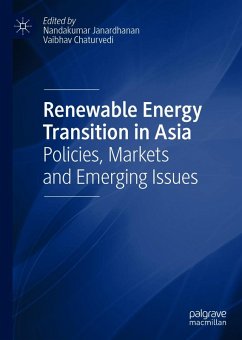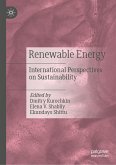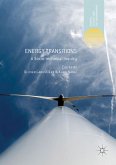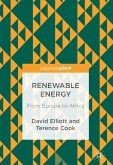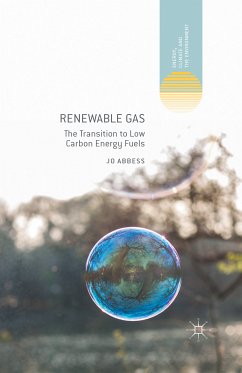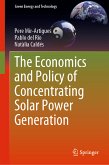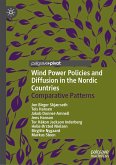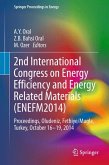The chapters focus on domestic policies, geopolitics, technology landscape andgovernance structure pertaining to the development of renewable energy in different Asian countries ranging from China to the Middle East. The book presents an insightful view of the pace and magnitude of the energy transition. It presents critical steps countries are taking to promote affordable and clean energy (SDG 7) as well as strengthening climate mitigation actions (SDG 13).
In addition, this book introduces the concept of co-innovation---a collaborative and iterative approach to jointly innovate, manufacture and scale up low-carbon technologies---and its role in promoting energy transition in Asia.
Chapter 8 (Renewable energy deployment to stimulate energy transition in the Gulf Cooperation Council) is available open access under a Creative Commons Attribution 4.0 International License via link.springer.com.
Dieser Download kann aus rechtlichen Gründen nur mit Rechnungsadresse in A, B, BG, CY, CZ, D, DK, EW, E, FIN, F, GR, HR, H, IRL, I, LT, L, LR, M, NL, PL, P, R, S, SLO, SK ausgeliefert werden.

